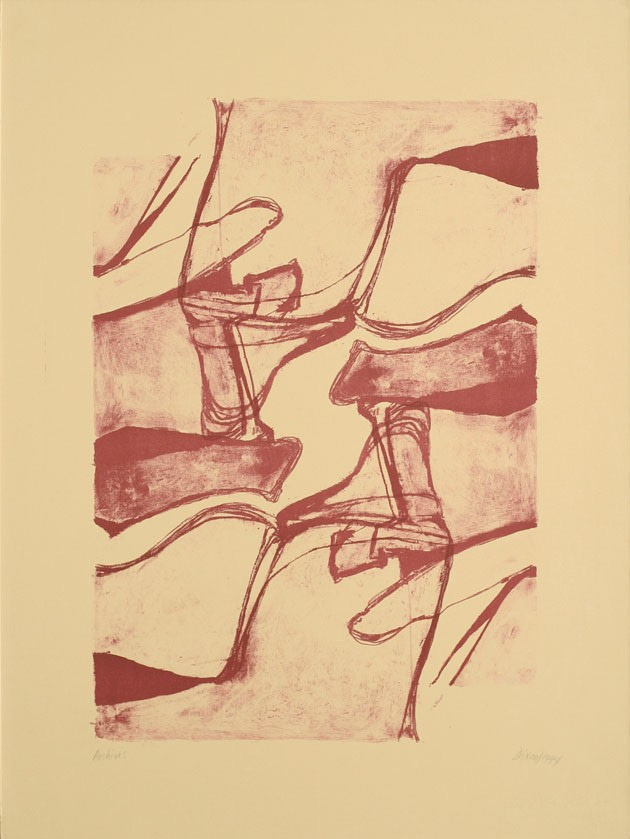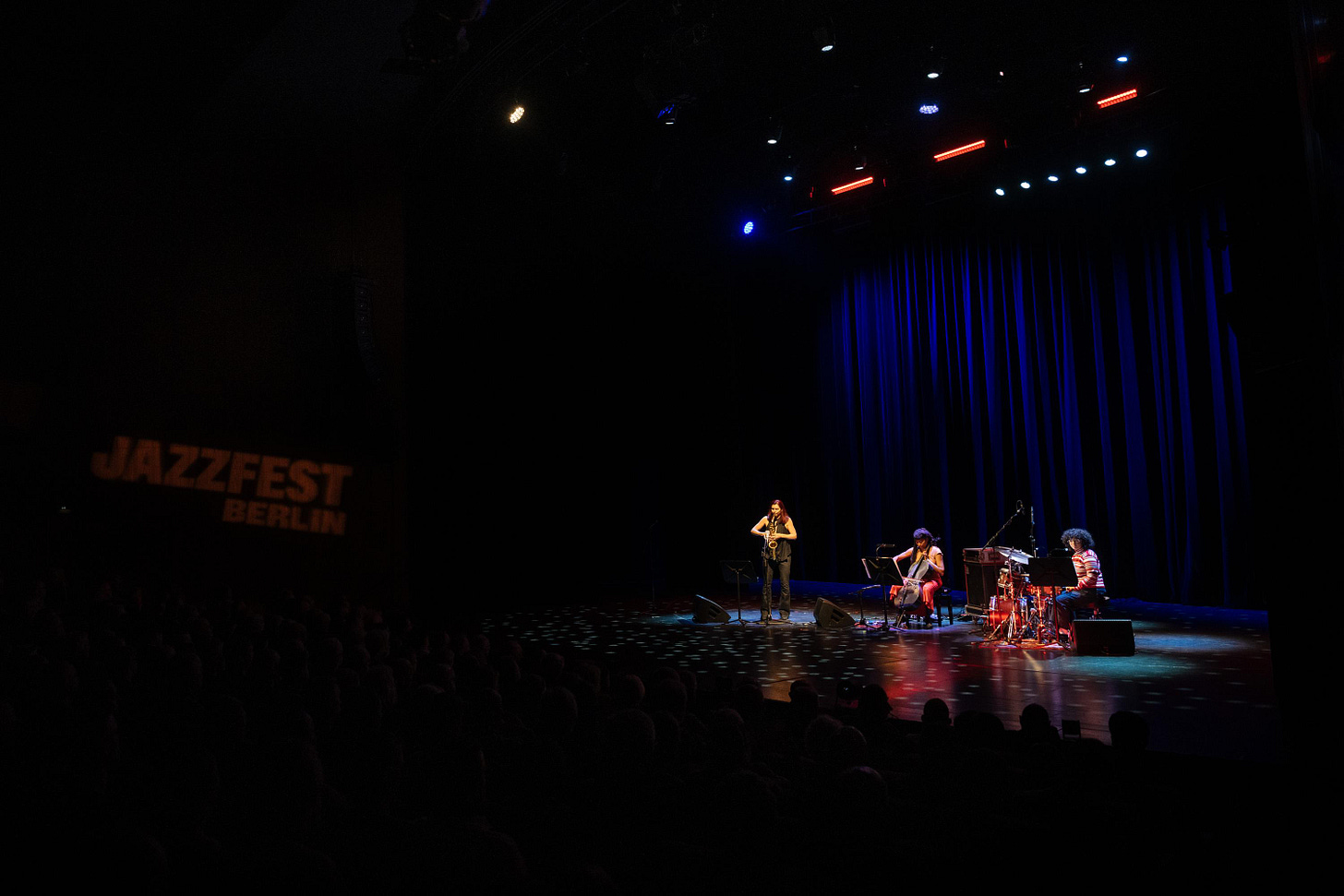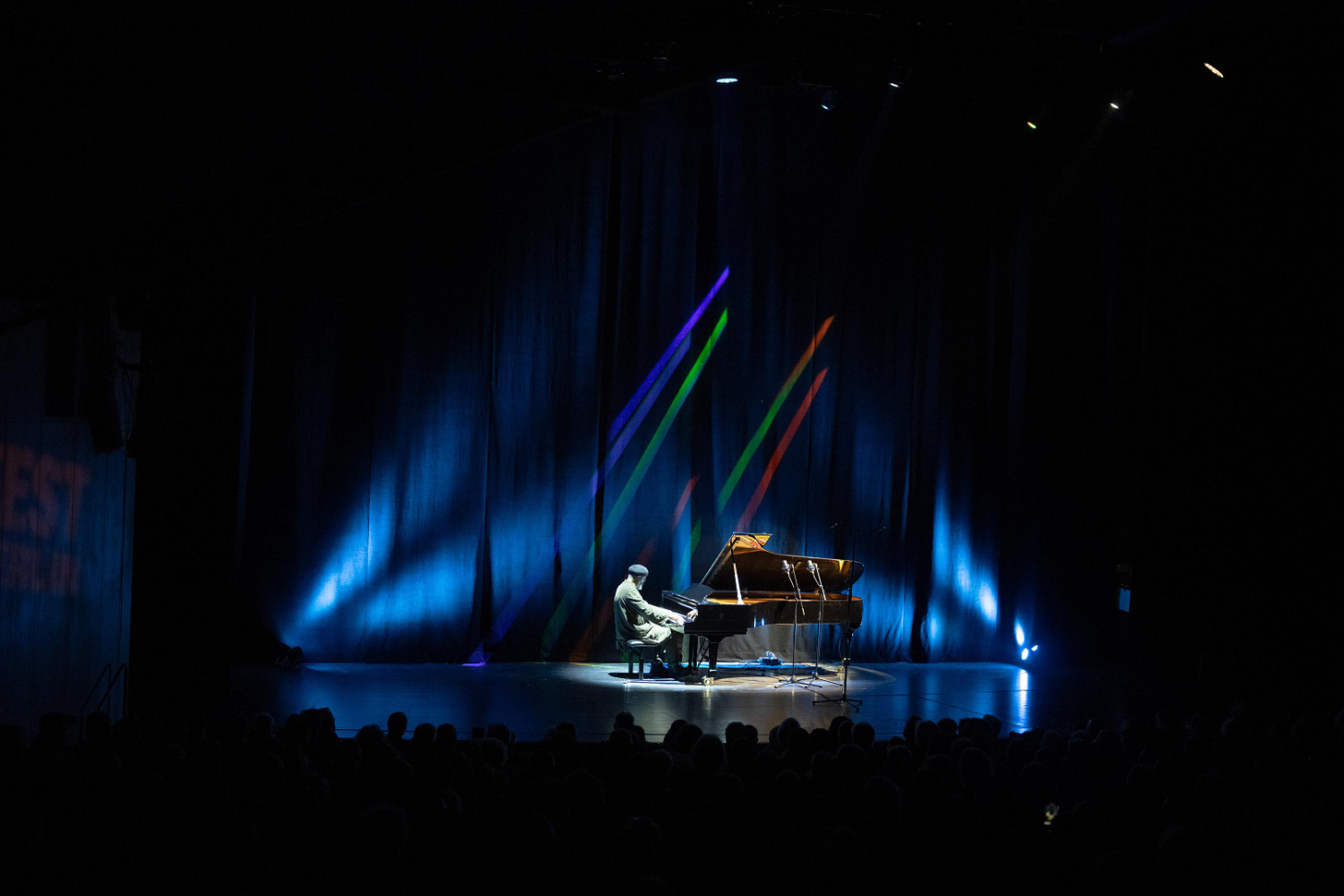Charles Mingus recorded this version of Martin Niemöller’s anti-fascist warning in 1965.
And today, sixty years later in Minneapolis when people intervene to help their neighbours, to come to the aid of those in their community, to attempt to ensure due legal process, they are pushed to the ground by the agents of Immigrations and Customs Enforcement and shot ten times, shot four times, shot in the body on the ground, shot in the head, when pulling away in a car. Alex Pretti. Renée Good. A nurse, a poet. The observer is the new target. To be a witness a fatal act.
The Associated Press detailed that Pretti had embraced a person who had just been shoved by an agent. An agent then shoved Pretti, and the two fell back, still embracing.
They shoot down good and they shoot people embracing.
Sharing footage of death has been a necessary way of contending with the lies the administration tells in public. Evidence, reproduction, to show that this happened, even as the state doctors the photos and footage it itself releases. The image, when our eyes can’t be trusted, and the word: the lies told about the image. “I didn’t say that”. “He didn’t say that”. The image and the word. The reproduction of the image becomes a weapon, and, as a weapon, its consequences are fatal: loops of death. The line between witnessing and horrified voyeurism that for the past years of live-streamed genocide has become a part of the texture of observation. What does this do to solidarity and how we conceive of it.
Beyond these ethical questions, questions of representation, questions that matter for our conscience and our consciousness as artists, yet in ways that we find sometimes impossible to track, what matters is what you do. In Minneapolis, protests, marches, a general strike. The resistance of communities to the violence perpetrated on them, in their name.
Mingus’ recitation plays over footage from a demonstration shot for Thomas Reichman’s 1968 film Mingus. His biographer, Gene Santoro, writes:
Mingus figured you had to stand for something. The powers that be would come for you anyway. He was busted a few times with other marchers and spent time in the Tombs, New York’s downtown holding tank.
Mingus also shows Mingus facing eviction from his loft at 5, Great Jones Street, where he’d hoped to set up a music school, in 1966, and from which he was evicted after a crooked landlord set him up for a fall. The film’s last scene shows the press and cops crowding round as his instruments, his scores, his life are taken out of the building, and he’s taken to the police station after they find needles and a rifle in his belongings. He was released: no shots were fired; he planned music for a ballet called ‘My Arrest’.
The following year:
Charles Mingus, a well-known jazz musician, was arrested with two other persons late last night in a demonstration by a group of 200 hippies outside the Charles Street police station in Greenwich Village. Mr. Mingus, who was accused of scuffling with a civilian and two policemen who attempted to intervene, was charged with three counts of felonious assault. The demonstration began with a march by the hippies from Washington Square Park to the Charles Street station. It was touched off by rumors that an itinerant musician had been arrested earlier. These were later said to be unfounded. At the station the hippies sat down and began singing. The police moved the group half a block to the corner of Greenwich Avenue, where, they said, Mr. Mingus engaged in a scuffle with a motorist who had objected to hippies sitting on his car.
Mingus recorded ‘Don’t Let it Happen Here’ in March 1965, introduced by Ralph Ellison for a TV performance, and again in December, in the version released on Music Written For Monterey 1965. Not Heard... Played In Its Entirety At UCLA Vols. 1 & 2. That same year, sixty years ago, the assassinations of James Meredith, Malcolm X. Mingus fires his rifle into the ceiling and notes that it’s the same kind of gun that killed JFK. The right wing and liberal state alike claim a monopoly on violence, at home and abroad, and the vigilante forces that operate outside it, but with its tacit approval. In March 1965, FBI informant Gary Thomas Rowe murdered the Civil Rights volunteer Viola Liuzzo, shooting at her car as she ferried from the march on Selma. It was rumoured he’d assembled bombs for the bombing of the 16th Street Baptist Church bombing in Birmingham, Alabama. Liuzzo grew up in one-room shacks with running water: her activism was the result of experience, of solidarity, the opposite of the KKK’s violence, as today, citizens turn up for their neighbours while others cheer on the forces of hatred. Gary Thomas Rowe received immunity.
The state assassinates people in private, and its agents murder people in public, on the highways and on the streets, whether they are activists or not. Fred Hampton. Sandra Bland. The state becomes and remains fascist because it assassinates and decimates the opposition. But this process of becoming is not some sudden leap of the cliff, though it can feel that way. The state becomes and remains fascist because the potentials for fascism are already there. In his book Late Fascism, Alberto Toscano looks at the analyses of police violence against populations of colour in the writing of Angela Davis and George Jackson to argue that fascism is a differentially-distributed experience. For some, the experience of the state is that it is already fascist. And then it spreads. The tree rotten from the inside will eventually collapse and take down everyone who’s placed their trust in it.
In Reichman’s film, Mingus delivers a sardonic monologue, tinged with furious irony and ironic fury.
I pledge allegiance to your flag—not that I want to, but for the hell of it, I pledge allegiance. I pledge allegiance to the flag of the United States of America, the white flag, with no stripes, no stars. It is a prestige badge worn by a profitable minority.
“If they take you in the morning, they will be coming for us that night”, James Baldwin wrote to Angela Davis a few years later.
The movement of the people in the streets can be clamped down on, it can be diverted, dispersed, thousands dead, arrested. The empire hovers over the regime, at home and abroad. The empires, plural, their vassals, their dregs. In Venezuela, in Iran. Invasion, kidnapping or ‘deals’ in exchange for extraction, of oil, of wealth: gangster capitalism, the continuation of decades of imperialism by all and any means, already dividing up the land piled up with rubble and with the dead. Fifty per cent of profits from new mineral and oil projects in Ukraine will go to the US; under the aegis of the US-led “board of peace”, the UAE plans a collaborative open-air prison marketed as a ‘safe zone’ in Gaza; the British government denies its complicity in the genocide in Sudan. But the movement doesn’t stop.
Mingus’ delivery in the TV performance is halting, as he fumbles the number of people genocided—death exceeding the weight of statistics—and over the collective noun to use—the politics of solidarity—speaking out against “those who killed…the other people with me.” And in that very awkwardness lies its clarity, its power. “And I say the only way we can avoid this is to look and speak out now. And don’t…let…it happen here”. From an opening lament spread between the brass instruments in the band as he recites Niemöller’s text, Mingus strikes up a propulsive piano figure and the band blares into collective improvisation. On the march, on the move. Fluency in fracture and the stammered statement of fact. The movement doesn’t stop. And though they may breathe in breaths strained, asphyxiated, observed, occupied, a breath that comes in gasps, a breath in combat, the people—continue to breathe.






